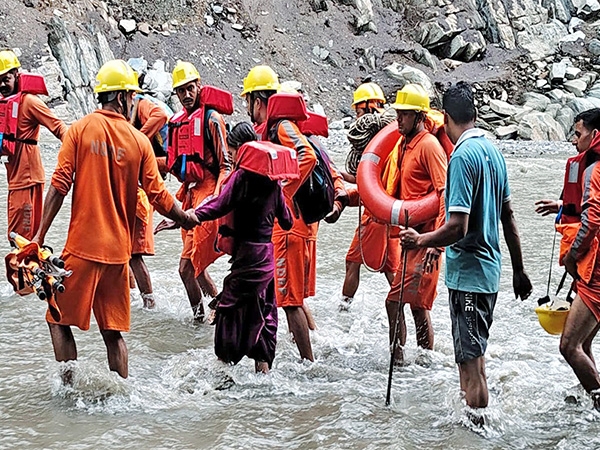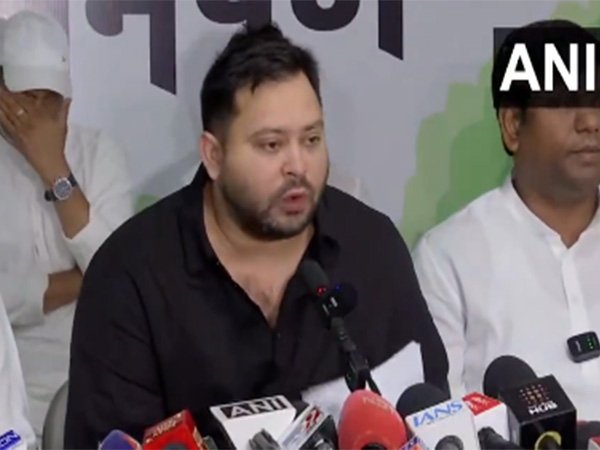Jallikattu protests grip Tamil Nadu. But is it really a cruel sport?

The Supreme Court's refusal to review the ban on Jallikattu, a bull-taming sport staged during the harvest festival of Pongal in Tamil Nadu, has led to an upsurge of protests across the state by youth, college students and all political parties.
The protests have now spread to neighbouring Puducherry as well.
The ban, in force for the third year running, led to defiance in Alanganallur in Madurai district. Soon, it spread to other districts.
It has now snowballed into a mass movement akin to the student-led anti-Hindi protests of 1965, which brought about a seismic change in the state's politics. The anti-Hindi protests had ended the monopoly of power the Congress had held since independence, and ushered in Dravidian rule in 1967.
Why are students and youth angry?
What has hurt Tamil pride and provoked the youth of the state is the refusal of the Supreme Court Bench led by Justice Dipak Misra to deliver judgment on a petition on this issue. The Bench, in fact, has reserved its order on petitions by the Tamil Nadu government and the Central government for a review of the ban order.
The Supreme Court had first banned the traditional sport in May 2014, citing animal welfare issues. Then, on 8 January 2016, the Central government passed a notification exempting bulls as 'performing animals', effectively reversing the SC's ban. However, within a week of the notification, the Bench had stayed the Centre's notification, saying the Centre had tried to circumvent the ban.
The ban is seen as an extreme view taken by the court on the prevention of cruelty to animals, on the basis of dated video 'evidence' shown by the People for Ethical Treatment of Animals (PETA) and the Union government's Animal Welfare Board.
According to PETA, the animals were subjected to unspeakable cruelty in the name of bull baiting. Activists like Maneka Gandhi, without of a shred of evidence, claimed that the animals were slaughtered at the end of the game.
However, at worst, bulls were given rum and chilli powder to goad them into action, and there was no slaughter involved. Slaughter of cows and bulls is totally alien to Tamil culture, which reveres them.
The malpractices shown by the PETA and other activists took place at a time when competition between villages was high, and prizes were on offer. More than anything, village pride was at stake, leading to these excesses.
However, all that is history.
In 2009, the Madurai bench of the Madras High Court brought in stringent regulations and the government also enacted laws, and in 2010, Jallikattu was allowed to be held in Madurai and surrounding villages.
Spectators were barricaded, bulls were inspected by veterinarians and tamers were given uniforms. The sport was held under police supervision, and the district collector saw to it that no harm came to either the bull or its tamer.
The Supreme Court, however, quashed the Tamil Nadu enactment as falling afoul of Sec 22 of the Prevention of Cruelty to Animals Act. That section covers animals in the performing animals list. The Centre took bulls off the list last year, but the apex court stayed the notification as well. The final order is awaited and the bench is in no hurry to pronounce it.
The SC also dismissed a November 2015 petition by the Tamil Nadu government to review the 2014 judgement banning the sport. It also rejected the contention of Additional Solicitor General PS Narasimha, that there cannot be a blanket ban and the government should be given some flexibility.
As the Tamil Nadu government told the apex court: "For 30 seconds or 15 feet, whichever is longer, the bull runs and is embraced by a tamer. What is the cruelty in that?"
But the judges would not budge, holding that the very taming of bulls was cruel. It is this that has led to widespread anger, especially among the youth.
The protestors' contention
The anger among the students and the youth of the state is palpable. They say the Centre and the Supreme Court are riding roughshod over Tamil culture, and in favour of PETA.
Protestors contend that the ban will lead to the extinction of local breeds, as the farmers who rear them will be forced to send them to slaughter houses.
Tamil Nadu had six cattle breeds earlier, and now, the Alambadi breed is extinct. The remaining breeds are Kangayam, Pulikulam, Umbalachery, Barugur and Malai Maadu. There are a few more minor breeds without proper documentation or care. Most of these are on the verge of extinction.
Political pressure
For the first time, the agitation has spread to Chennai city. For the past two nights, students from all colleges have held an all-night vigil on Marina Beach. It has been apolitical, dignified and peaceful, forcing the government to take note.
Ministers D Jayakumar and Pandia Rajan have assured student representatives that the AIADMK will take up the issue in Parliament when it meets at the end of this month. The AIADMK has 37 members in the Lok Sabha, making it the third largest party, and 13 in the Rajya Sabha.
The ministers have said they will exert pressure on the Narendra Modi government to promulgate an ordinance to get over the ban on Jallikattu.
Chief Minister O Panneerselvam has asked the agitators to call it off saying he plans to the Prime Minister soon tomorow and plead for an ordinance to allow the sport to take place. This follows demands by the Leader of the Opposition and DMK working president MK Stalin, that the sport be held any time during Tamil month of Thai, which ends in February.
However, an ordinance will not be the right way forward. There is no urgency now as the Pongal festival, the occasion when Jallikattu is held, will soon end.
Even a normal Act will run the risk of being challenged before the Supreme Court.
The way out will be for the Division Bench to pronounce judgement. Justice Misra has said it will be out soon.
If the Bench allows the sport with conditions, the agitation will end. Else it will lead to more intense protests.
The Panneerselvam government, though sympathetic to the cause, must be prepared for that eventuality.
More in Catch
Jallikattu row: Supreme Court rejects plea to pass judgement on the bull taming sport
BJP's Jallikattu doublespeak: save the cow, but kill the bull
#WeNeedJallikattu cries Twitter: 5 reasons why we actually agree
First published: 18 January 2017, 9:44 IST




![BJP's Kapil Mishra recreates Shankar Mahadevan’s ‘Breathless’ song to highlight Delhi pollution [WATCH] BJP's Kapil Mishra recreates Shankar Mahadevan’s ‘Breathless’ song to highlight Delhi pollution [WATCH]](https://images.catchnews.com/upload/2022/11/03/kapil-mishra_240884_300x172.png)

![Anupam Kher shares pictures of his toned body on 67th birthday [MUST SEE] Anupam Kher shares pictures of his toned body on 67th birthday [MUST SEE]](https://images.catchnews.com/upload/2022/03/07/Anupam_kher_231145_300x172.jpg)






